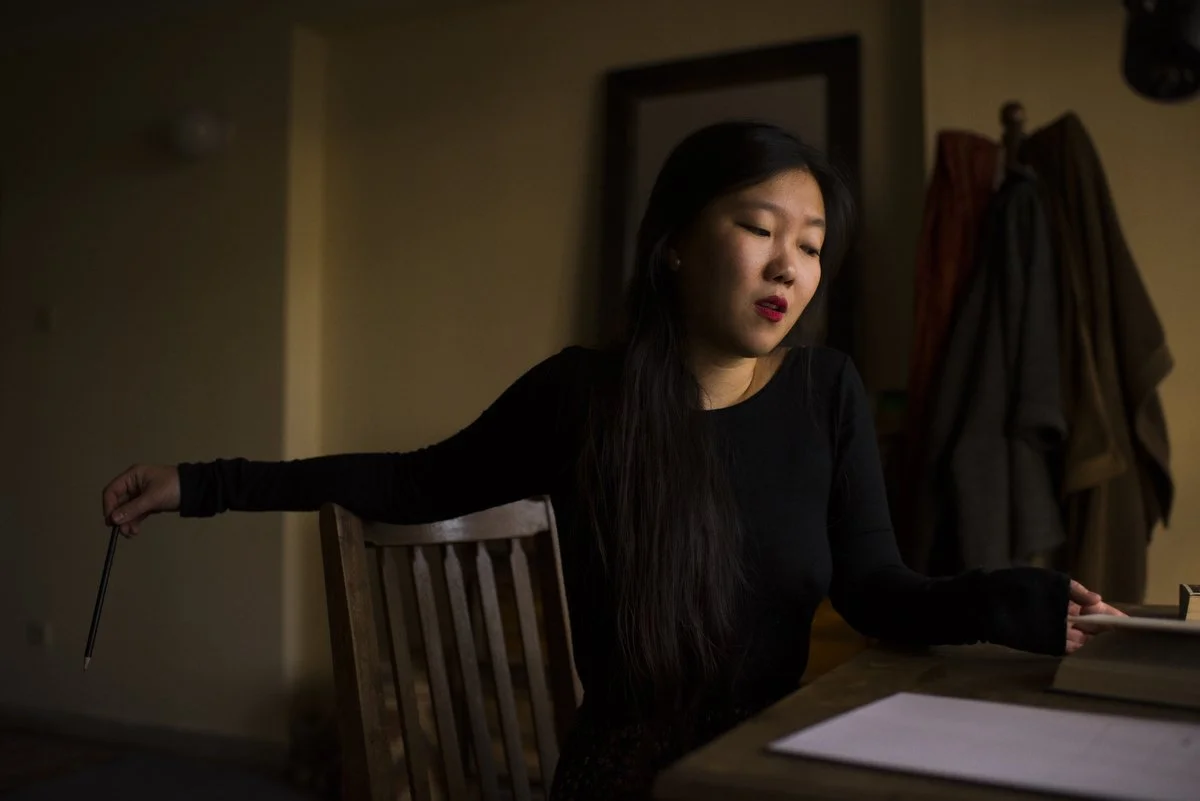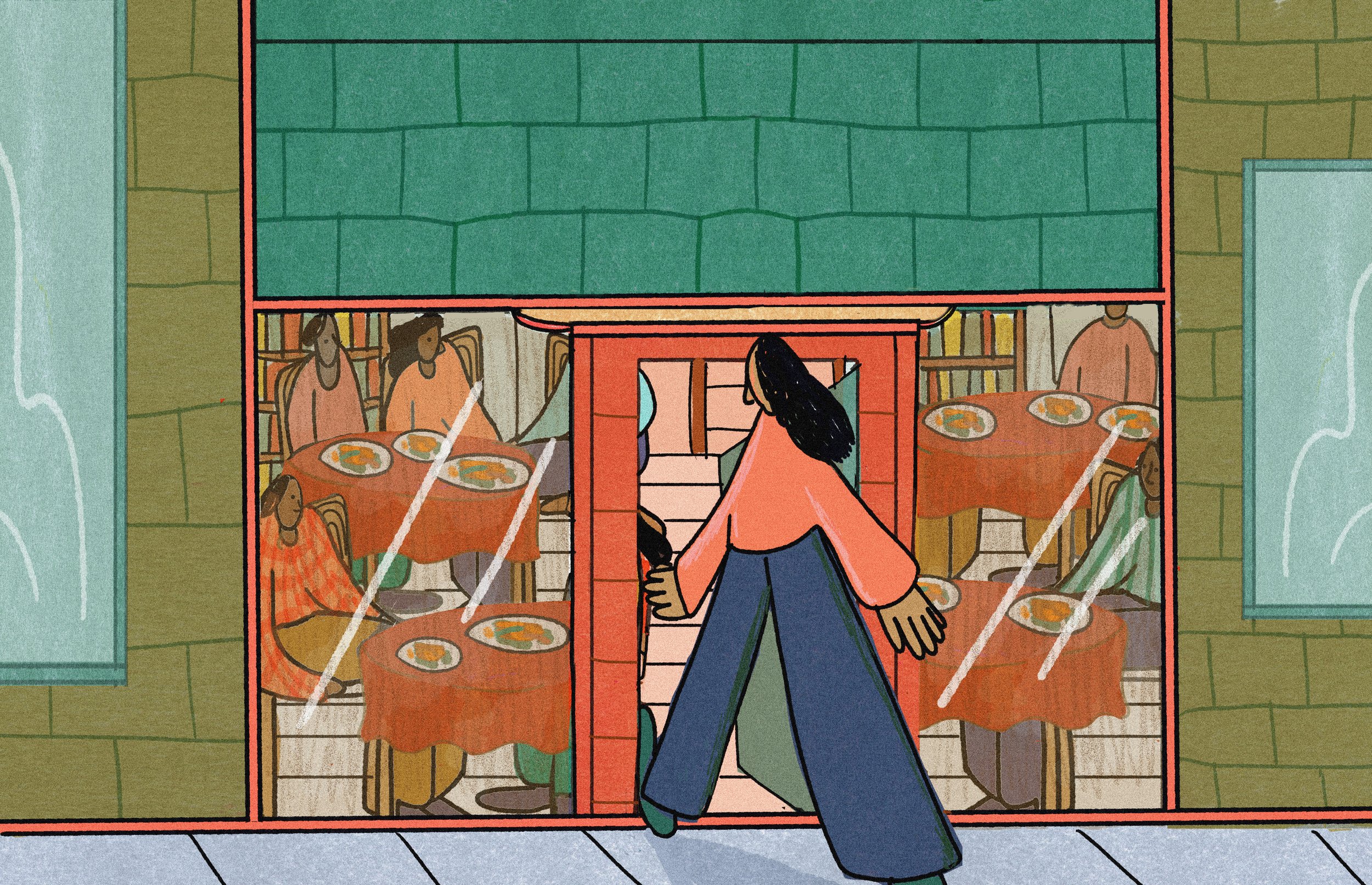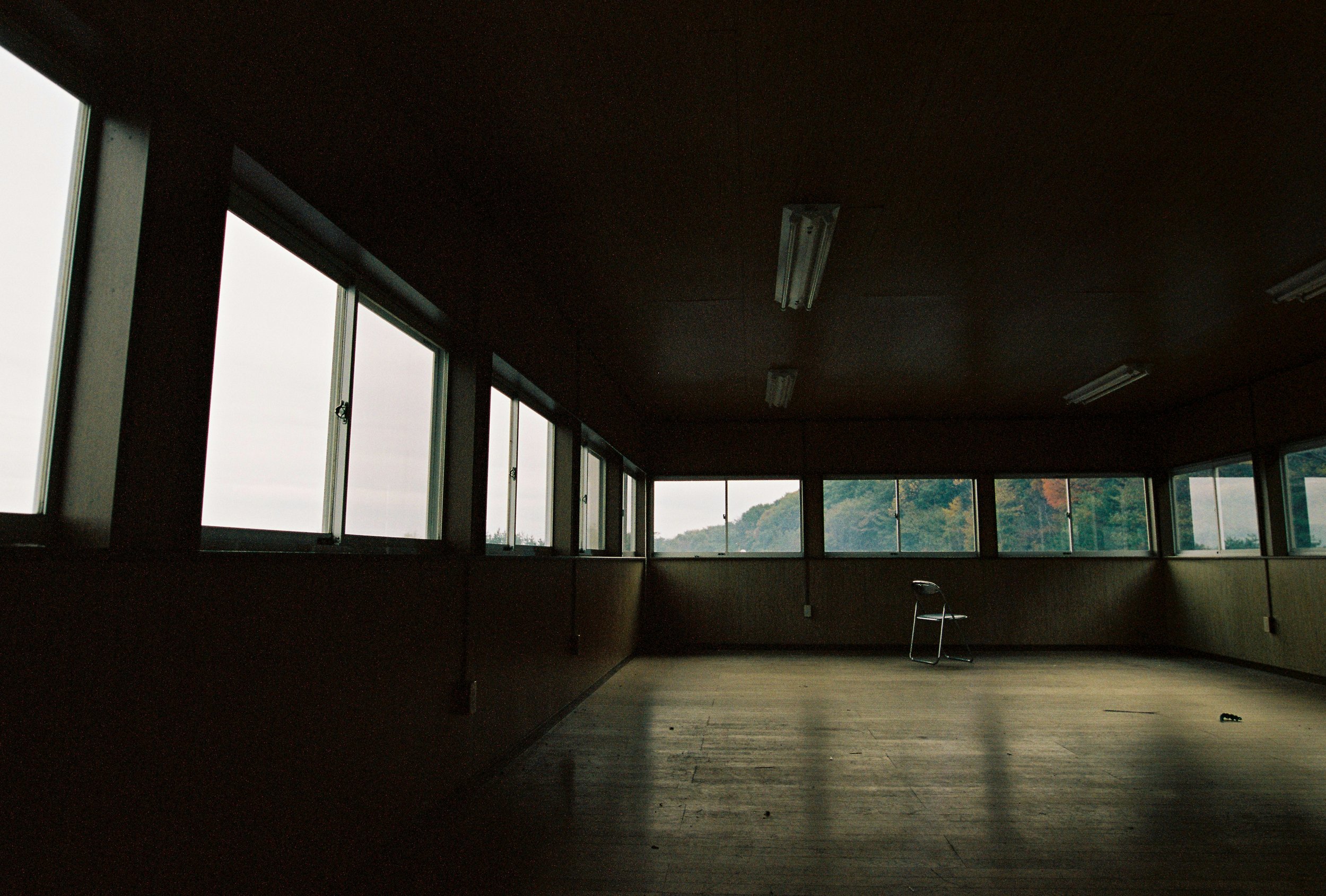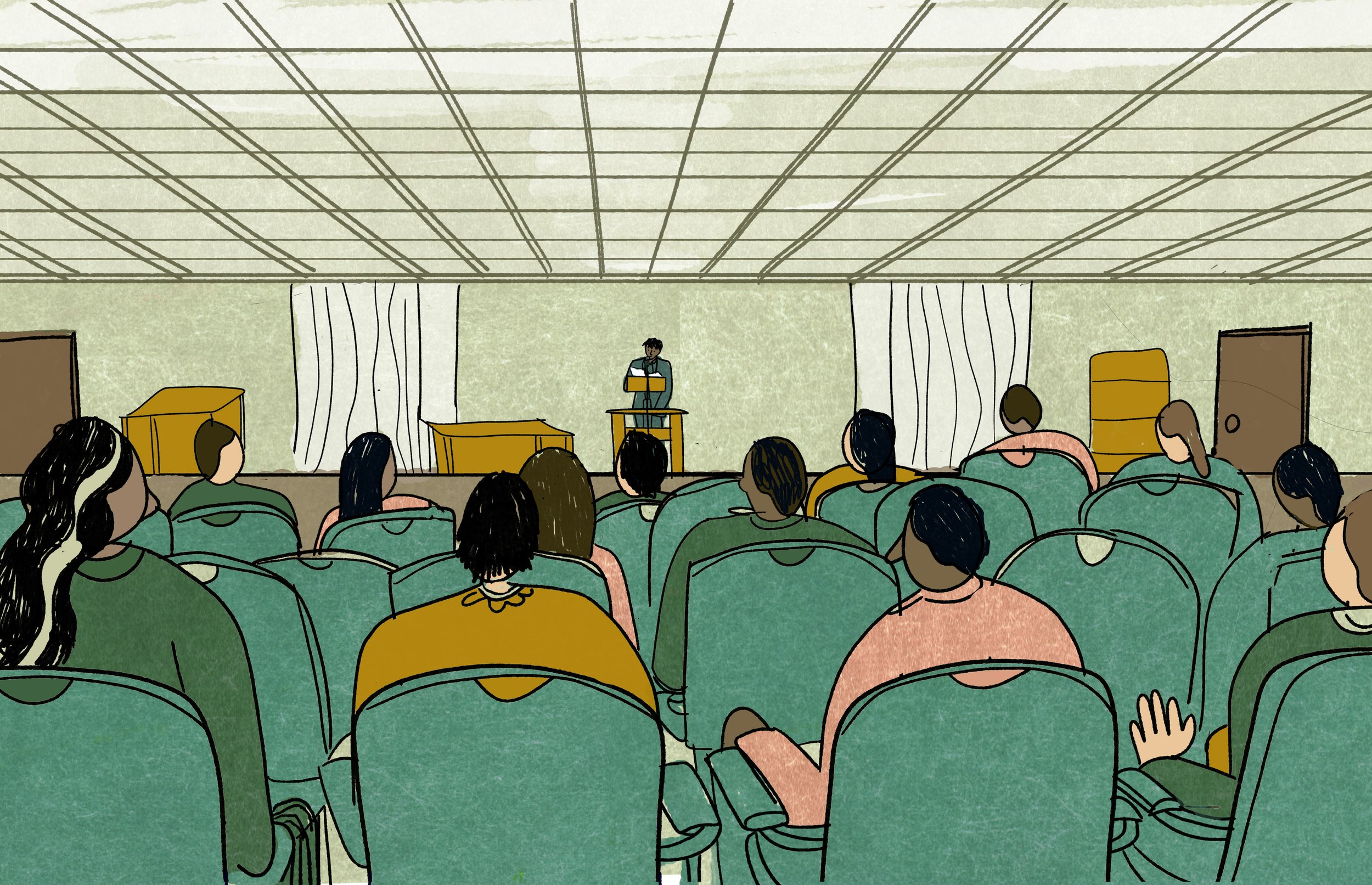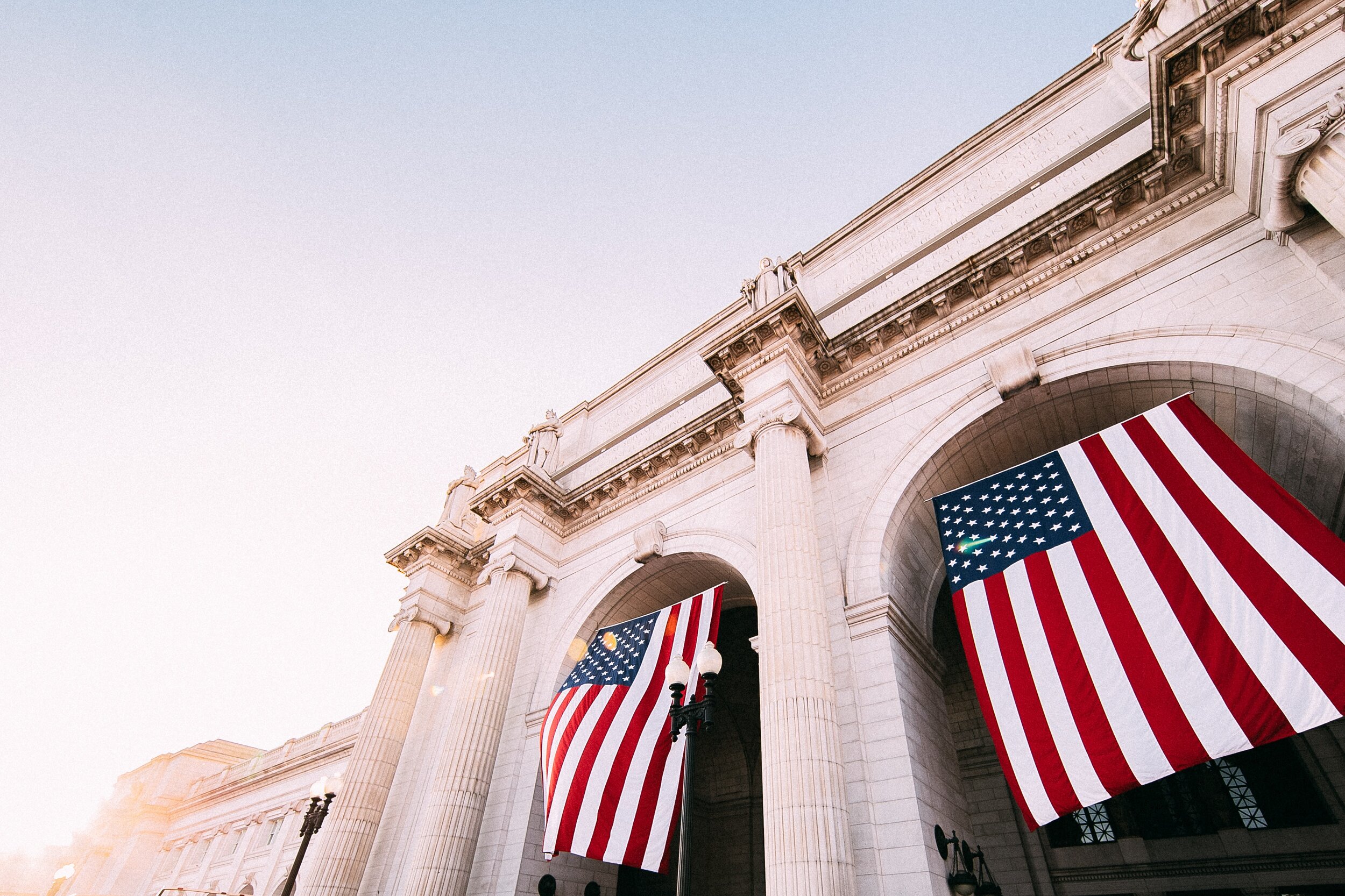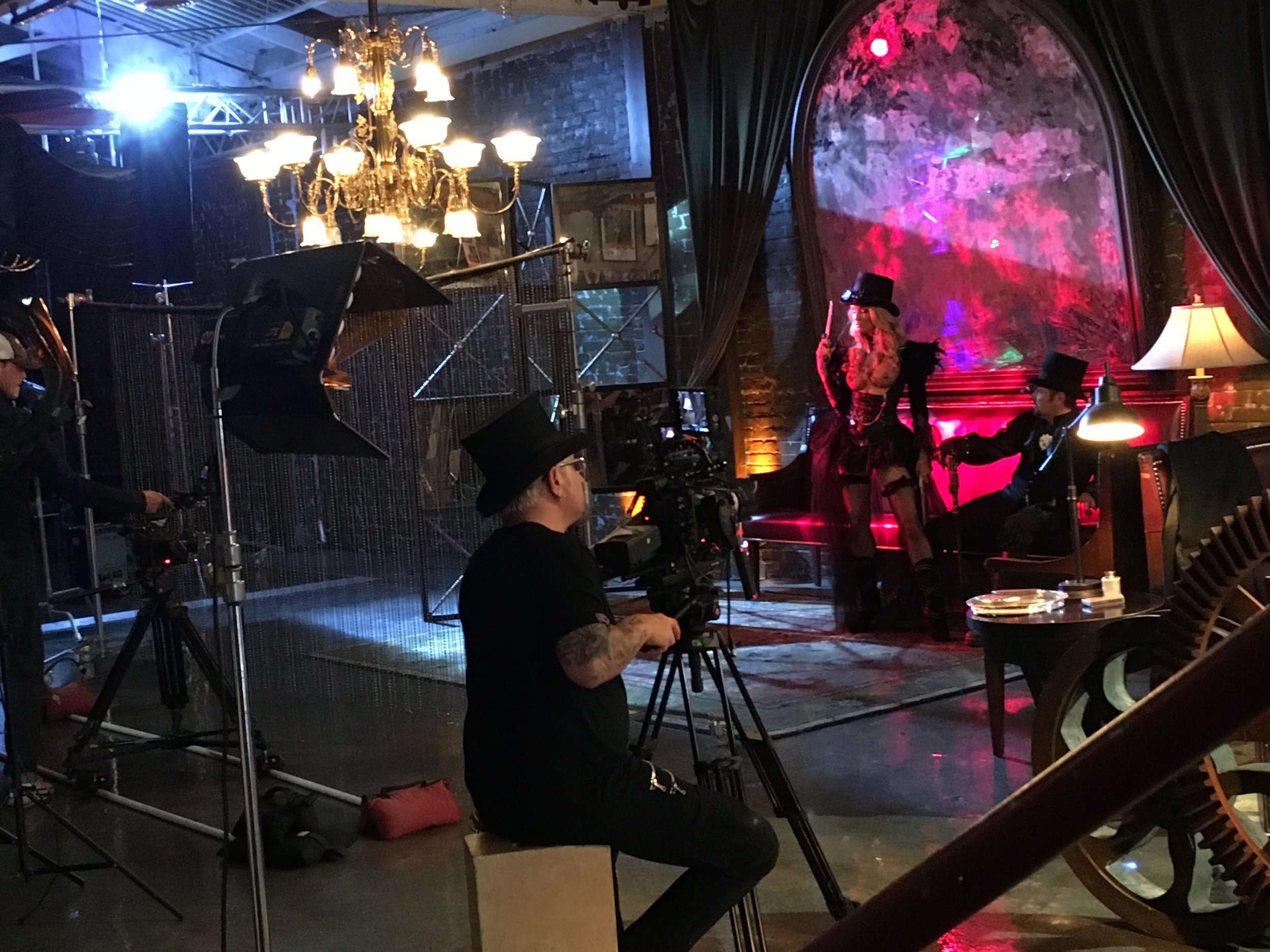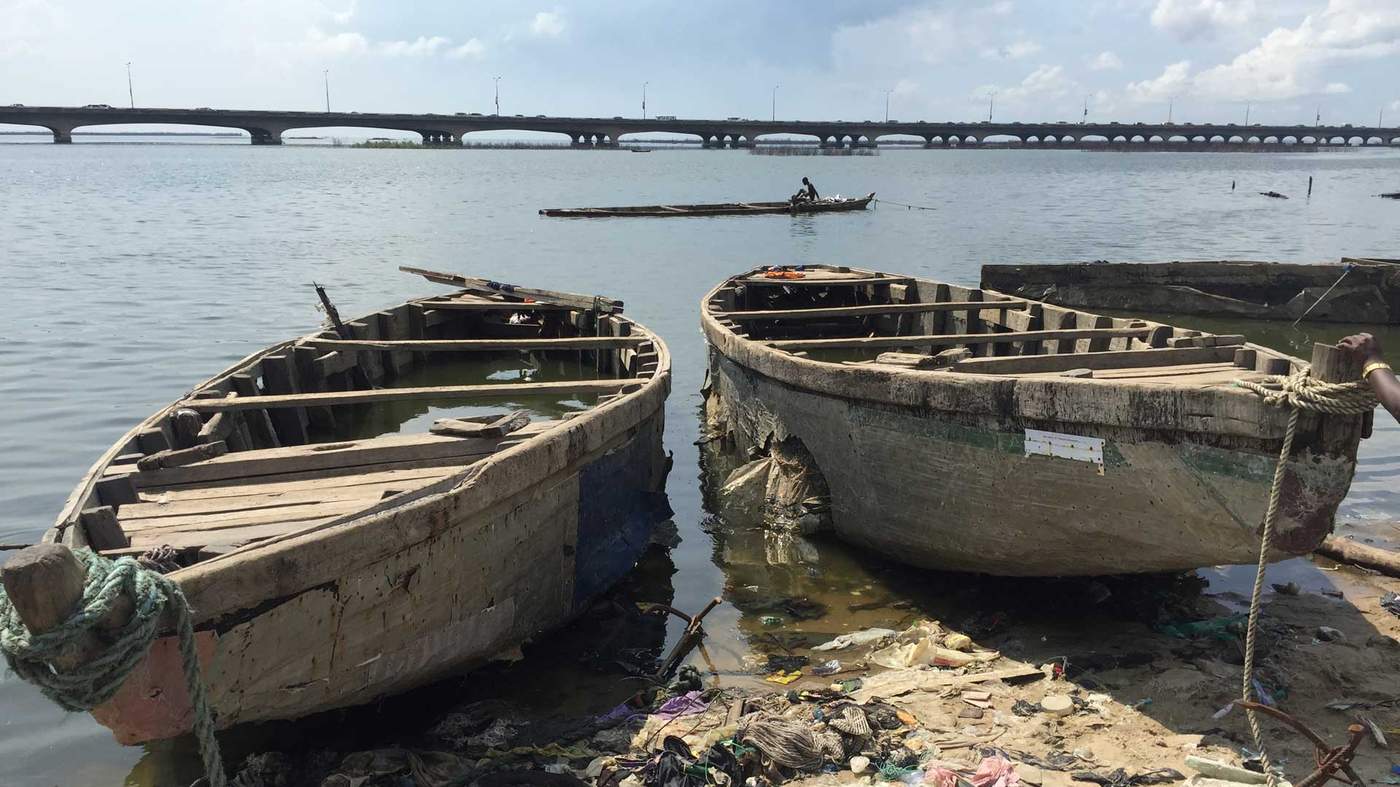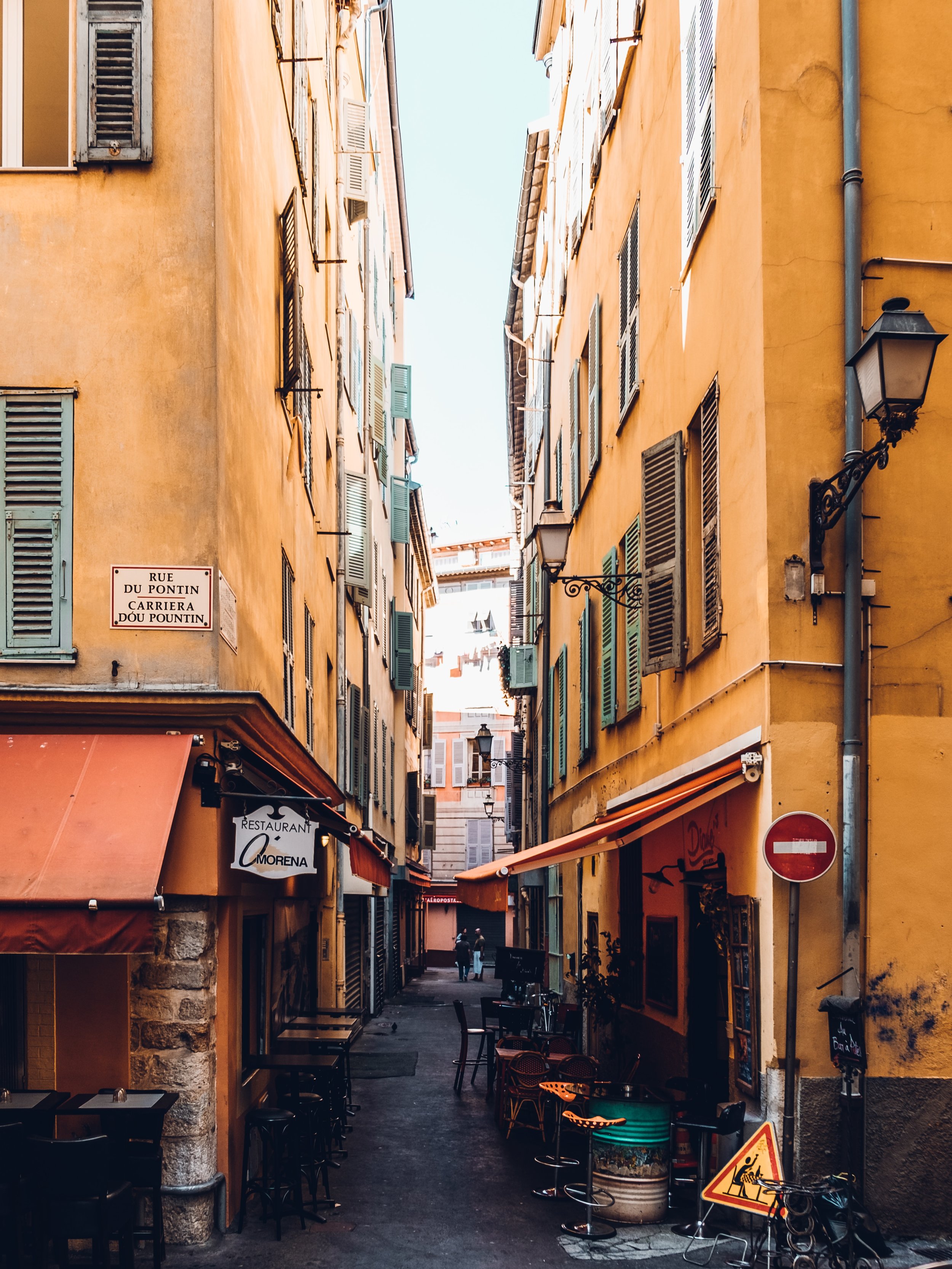Midnight Highway: What I Didn't Say About the Fort Hood Deaths
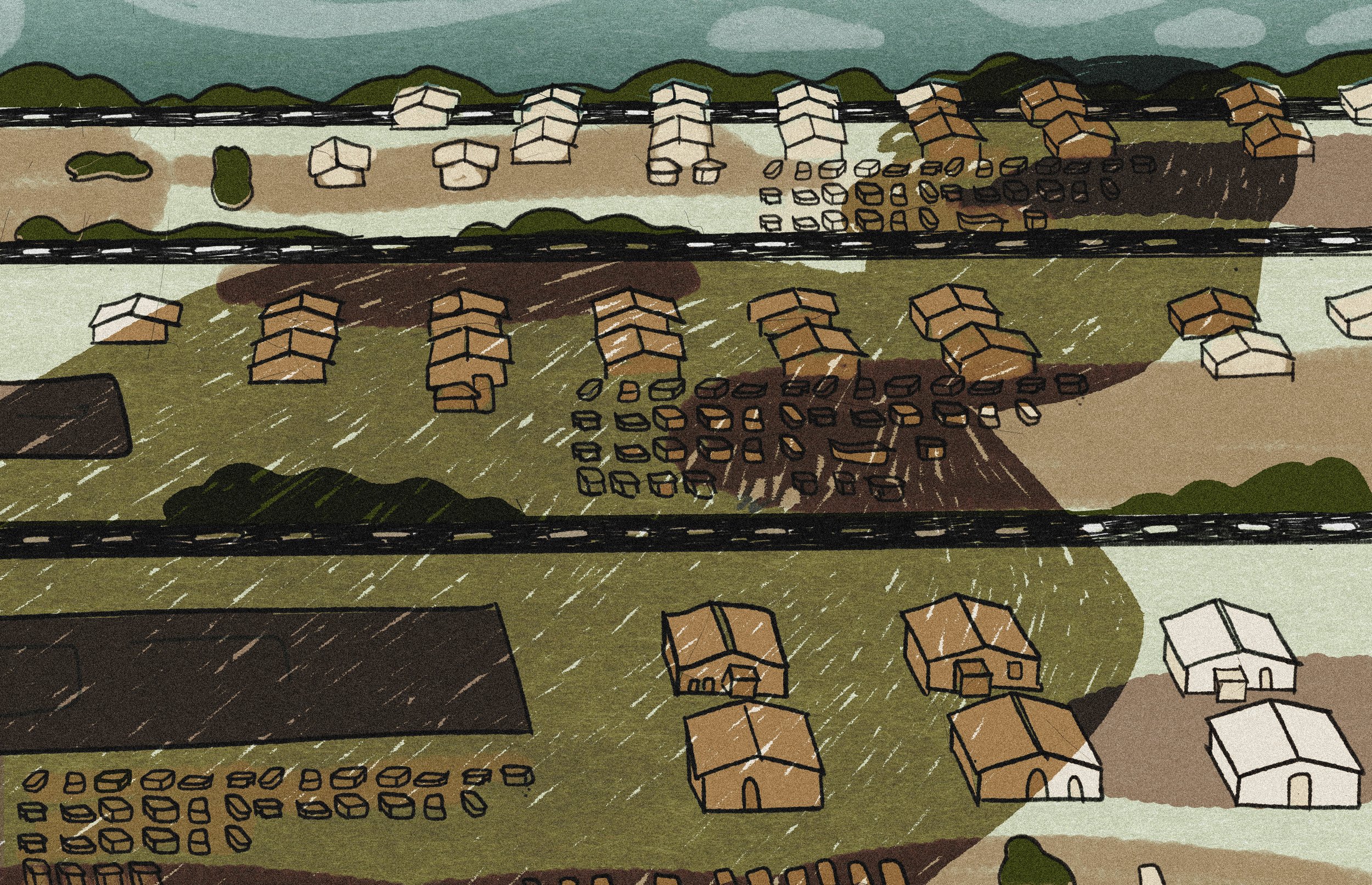
One thing to know about me is that I am an enthusiastic but terrible driver; I really only drive on assignment. On the Texas interstate that day in late 2020, heading north, my mind was filled with concerns over the rules of the road. I was filled, too, with a sense of nervous anticipation for what I would find in Killeen, who I might call once I made it there, and what I might learn from them and, if I got lucky, about myself. So I wasn’t paying much attention to the sloping landscape outside the rental car window, the flatlands that became rolling hills, the non-descript chaparral that flanked the lonely highway I was driving on.
The assignment was to go to America’s largest army base, Fort Hood, to try and understand how it was that over 200 soldiers had died or disappeared there in the past five years, a number that included, in 2020, the well-known case of Private Vanessa Guillén, who walked into an arms room and never came out. While looking for her, investigators found the remains of another soldier, reported earlier as Absent Without Official Leave. Three months before that, neighbors had discovered the charred remains of a different soldier in a burning Jeep. Later in the summer, passersby found yet another soldier hanging from a tree. In two other cases, at least two hyoid bones, used by coroners to determine whether a strangulation had occurred, went missing.
When I learned the soldiers had not all died from natural causes, and that many deaths were not deaths at all but disappearances, my mind turned, as it often does, to previous disappearances I had experienced in my personal life and also reported on. Somehow, they registered as an echo of all the other disappearances and ambiguous losses I witnessed working in Afghanistan, which in turn was—and I am only guessing here—yet another echo of the myriad severings my own family experienced by way of partition, dispossession, and immigration. I know well how such losses can come to haunt a life, generations if you let it. I was curious about the type of ghosts the events at Fort Hood had conjured.
After months locked down, I was desperate for my old life in motion. A reporter being honest with oneself must admit that reporting can be a tool for evasion, a socially sanctioned way of abandoning one’s own problems for other people’s, at least for a while. I missed being on assignment, where, embarrassingly, I suspected I was my best self. I had, by then, written a few stories about people who disappeared. Fort Hood would be the same. What could go wrong?
The first thing that went wrong was that I kept weeping during preliminary interviews, conducted over the phone before I got to Killeen. It hurt my ear to hear an army wife talk about her five-year-old daughter finding her father shot dead in the bedroom of their Fort Hood housing. Or to listen to what happened to a Marine who was raped by her superior in 2007, became pregnant by him, and after reporting the assault, was killed by the same corporal. He cut her up into pieces, along with the fetus. I was in sufficient auricular discomfort that I took appointments with doctors, all of whom, after rounds of tests, assured me my ears were fine, somatically speaking. These stories weren’t any more wounding than ones I had reported on before. So what was going on? I didn’t know. I also didn’t have time to dwell. I had a flight to catch. I flew into Austin and rented a car for the hour-long drive up to Killeen.
*
Killeen sits on an unlovely stretch of central Texas along the Balcones Fault, which separates the high plains of the hill country to the west from the grand prairies of the east, a former cattle trail along which today runs the I-35 state highway.
“The assignment was to go to America’s largest army base, Fort Hood, to try and understand how it was that over 200 soldiers had died or disappeared there in the past five years, a number that included, in 2020, the well-known case of Private Vanessa Guillén, who walked into an arms room and never came out.”
I lived in Kabul in my middle twenties, and in Beirut before that, hitchhiking to Damascus once, before the war. I was intimately familiar with what was called, in jest, the “axis of evil terminal,” that forsaken part of the Dubai airport where flights to many so-called failed states fly out. I had been to many places coded as “bad,” but Killeen was by far the worst—energetically—I had ever been to. I could tell you about the economically depressed main street featuring pawn shops and dollar stores; the profound boredom curdling into resignation and gathering in the eyes of the young cashier who rang customers up at the gas station, where the girlfriend of the soldier who later turned out to have killed Guillén had worked; the sharp and urgent way people spoke about their beloveds who were deployed abroad, left for training, or stepped out to do laundry, never to return.
Killeen was home to strip clubs, tattoo parlors, Korean churches, and Vietnamese pho restaurants, mostly along a seedy main corridor called Rancier, where a young soldier was shot and killed that March. It was the type of place where defense attorneys take out ads on billboards visible from on-ramps of highways. I wondered about the circumstances that would lead a person to seek salvation from a roadside billboard. And then I rang one of them up—for local color. We met for lunch. If we discussed anything memorable, it was eclipsed by the news that three additional soldiers went missing during my visit, bringing the total number of missing soldiers to over thirty.
One late night a few weeks into the trip, I was traveling along a single-lane highway back to Killeen when I noticed a red light flashing behind me: an ambulance. I pulled over to give it right of way. Alas, the light did not pass. I drove further and found a shoulder. I hit the brake. I noticed then that the blinking light behind was not an ambulance, but a cop car, and that its driver, a young and terrified-looking officer, had already walked over to my car and was presently holding a gun up to my head. He wanted me to step away from the vehicle. I hadn’t yet shifted to park. In order to follow his orders, I would have to put my hands where he could not see them. I was concerned about doing this for the obvious, historical reason.
I told the young officer I was going to move my right hand to the handbrake. The brakes locked in. Next, I said I would unbuckle my seatbelt. The seatbelt clicked out. The car lurched ahead before stopping. I stepped away from the vehicle. The officer, somehow looking more terrified than I was, implored me to get down on the ground. I lowered my body to the gravel. He cuffed my hands behind my back.
He must have called for backup, as by then, other cars were pulling up.
“I noticed then that the blinking light behind was not an ambulance, but a cop car, and that its driver, a young and terrified-looking officer, had already walked over to my car and was presently holding a gun up to my head.”
Another thing to know about me is my unfortunate habit of laughing under duress. Once, on my way home to Kabul from reporting in eastern Afghanistan, an oil tanker flipped on a narrow highway ribboning along a gorge that dropped off into a cliff. I could not stop laughing then, as in Sicily, years later, when I accidentally locked myself inside the garden of a villa. While my travel companion went into a rage on the other side of the enclosed gate, I could be heard laughing and laughing and laughing. Back to Texas, though.
Lying on the gravel of the shoulder in that lonesome country, the fits found me again. Usually when this happens, I let my memory return to previous reporting trips: maimed children in a hospital ward or human remains stuck to the chassis of trucks following a drone strike come to mind. But these images, often readily available—perhaps too readily—were not accessible this time. And so my laughter came like waves, ebbing and flowing, never finding its level.
An officer asked for my identification card. I managed to direct him to a bag in the passenger seat. I watched them search the car, and I laughed when I realized a Desert Island Disc episode on BBC Radio 4 was still playing. I laughed again, noticing how kitted up the officers were, not only their shotguns and other firearms, but also their pressed shirts, trousers, and hats, compared to the athleisure garment I was wearing. I thought it would be funny to have survived an actual warzone, only to die on an anonymous macadam in America.
They had guns. Yet I was put in handcuffs, made to kneel on gravel. I was leaning against the cool metal hood of the second police car, laughing, just laughing into the night, when the first officer tore off two tickets and let me go. I didn’t check to see what they were for. I took the tickets from him, and I left. I don’t recall much from the rest of the journey, only the pinhole darkness of driving in the night, when the only thing you see is what is most immediately ahead of you. In this way, I went from mile to mile to mile until I reached the hotel. I went straight to bed.
*
The next morning, I woke and rang the county court to ask how I might settle these tickets, which turned out to be for speeding and for failure to yield right of way to an emergency vehicle. The tickets came to a few hundred dollars. It was more than I expected, but I would pay, however begrudgingly. Before hanging up, I asked, Is this an infraction, or what is it? to which the clerk responded, No no, it’s a class C misdemeanor if anything.
The third and final thing to know about me is that I’ve had a complicated migration history, and that I was in the process of sorting it all out. I was not sure how this recent event would affect my bid for papers. It was a struggle that began before I was born, starting with my mother, who had been granted a visa to America provided she leave her newborn—me—behind. After years of legal work, I was the closest I had ever been to resolving this decades-long ordeal. And now this. I needed to speak with my immigration attorney.
I emailed her my news. She wrote back to say she wasn’t sure what it all meant. She would have to ask around.
I then rang the defense attorney of billboard fame, my lunch date from earlier in the week. I told her what happened. She, too, said she would call around. She said she would ring right back.
Possible immigration disaster or not, I was still on assignment, that portal to evasion. Waiting to hear from both attorneys, I spoke to the widow of a staff sergeant who died during a land navigation exercise, a loss made worse by a bureaucratically deranged system that denied her right to his corpse. I nodded along as I listened, feeling her pains acutely. Her story was cut in edits, as were the stories of scores of others, including that of a nineteen-year-old private who left for formation—two turns from the barracks to the motor pool—and never arrived. A month later, Fort Hood announced he crashed his car while driving under the influence, though a toxicology report indicated otherwise. His mother was also not allowed to identify her son’s body. When she began reaching out to his friends, they told her they were threatened with a Uniform Code of Military Justice reprimand not to talk to her. Also cut was the story of a specialist whose death was ruled a suicide, even though his farewell note did not match his hand-writing. His mother was told she could not attend her son’s memorial.
In between interviews, I wondered what I might do, where I might go, were I to be extruded from this country I was trying to call home.
I stopped at a restaurant where Guillén had been in her last days. I ordered a burrito. I ate half in the rental car, and threw the rest onto the dashboard.
“It was curious what counted as a crime in America in this century, how not all crime was violence, just as not all violence was a crime.”
My immigration attorney in New York rang back later that day. The only thing the U.S. government cares about in immigration cases, she said, were crimes involving moral turpitude. Most crimes of poverty were considered moral crimes, including prostitution, shoplifting, or jumping over a subway turnstile.
It was curious what counted as a crime in America in this century, how not all crime was violence, just as not all violence was a crime. If the crime was committed by institutions—the police, say, or the military, or the state, or the violence of borders—it was not called violence; it was called by other names, names like criminal justice or patriotic codes of conduct. If we expanded what constituted violence in this way, then it became clear that not freedom, not equality, but violence was the signature of American life.
The local attorney of billboard fame rang back, too. The stretch of the highway I was driving on was a well-known drug trafficking corridor, she said. I was driving a rental car, with a Florida license plate no less, late at night, and crucially I was not white. The officer who pulled me over had been a rookie under probation. The billboard lawyer said she would help, and she did. She got the first sentence dismissed and the other reduced. I pleaded no contest, meaning I neither accepted nor denied the charge, but submitted myself for punishment; I paid the fine. She did not charge me for this service. I sent her a thank you note.
I flew home. I filed my copy. I did not mention the incident in the draft, in part because it felt small compared to the scale of other disasters. But it did happen. Later, whenever anybody brought up Texas, the memory of that night returned to me, and soon came to crowd out all other associations with that state. Now, what I remember are those interminable minutes leaning against the front hood of that police car, waiting on the officers with my arms cuffed, the susurration of the BBC in my ear. What I remember is the cold metal of the car against my thighs, the pitch dark sky ahead, the tight round shape of my fear. In such moments, Texas feels, as Larry McMurtry said, like a country that seems to contain nothing but itself.
ABOUT THE AUTHOR
May Jeong is a writer for Vanity Fair. She is the winner of the 2022 Ida B. Wells Award administered by the Newswomen's Club of New York. Her upcoming book on sex work was awarded a 2022 J. Anthony Lukas Work-in-Progress Award and a Whiting Creative Nonfiction Grant. Her reporting from Afghanistan, where she lived from 2013 to 2017, was awarded the South Asian Journalist Association’s Daniel Pearl Award, the Bayeux Calvados Normandy Award for War Correspondents, and has been recognized by the Kurt Schork and Livingston Awards. She lives on land ceded by the Lenape people in the Treaty of Shackamaxon in 1682.
Read May’s “Behind the Essay” interview in our newsletter.
Illustrations by Jane Demarest.
Edited by Aube Rey Lescure, with thanks to guest editor Ted Conover.







